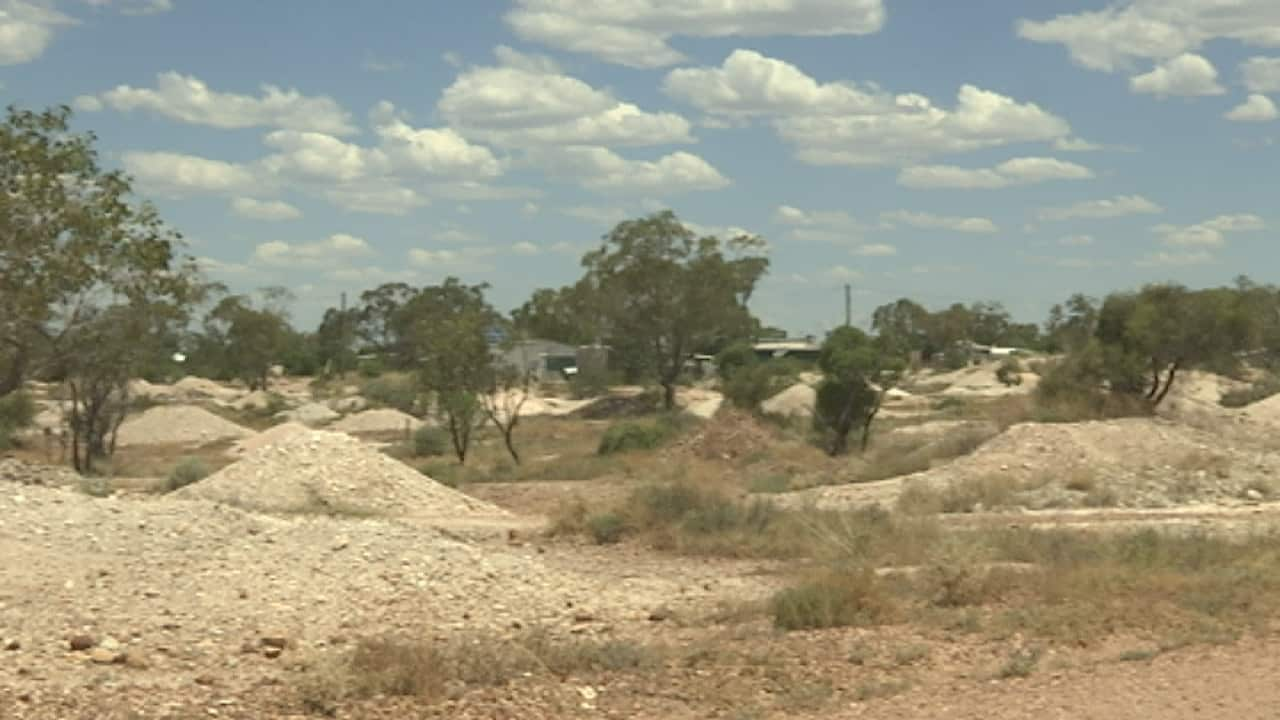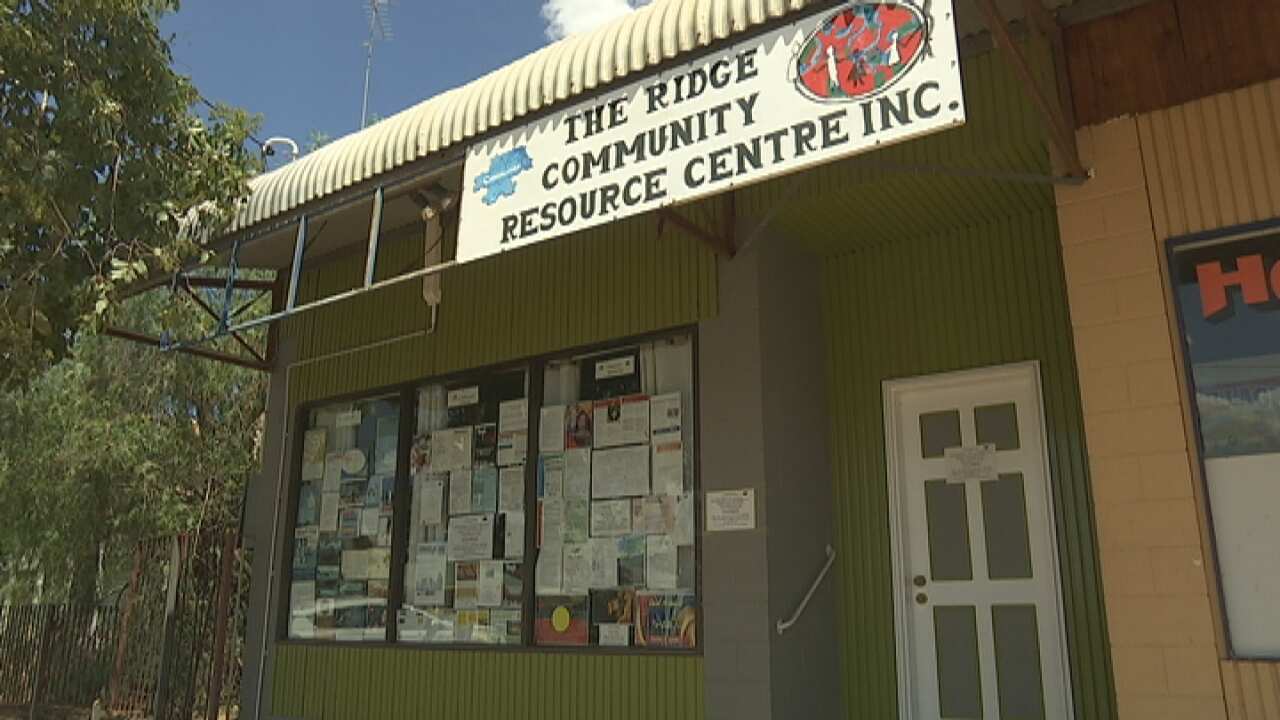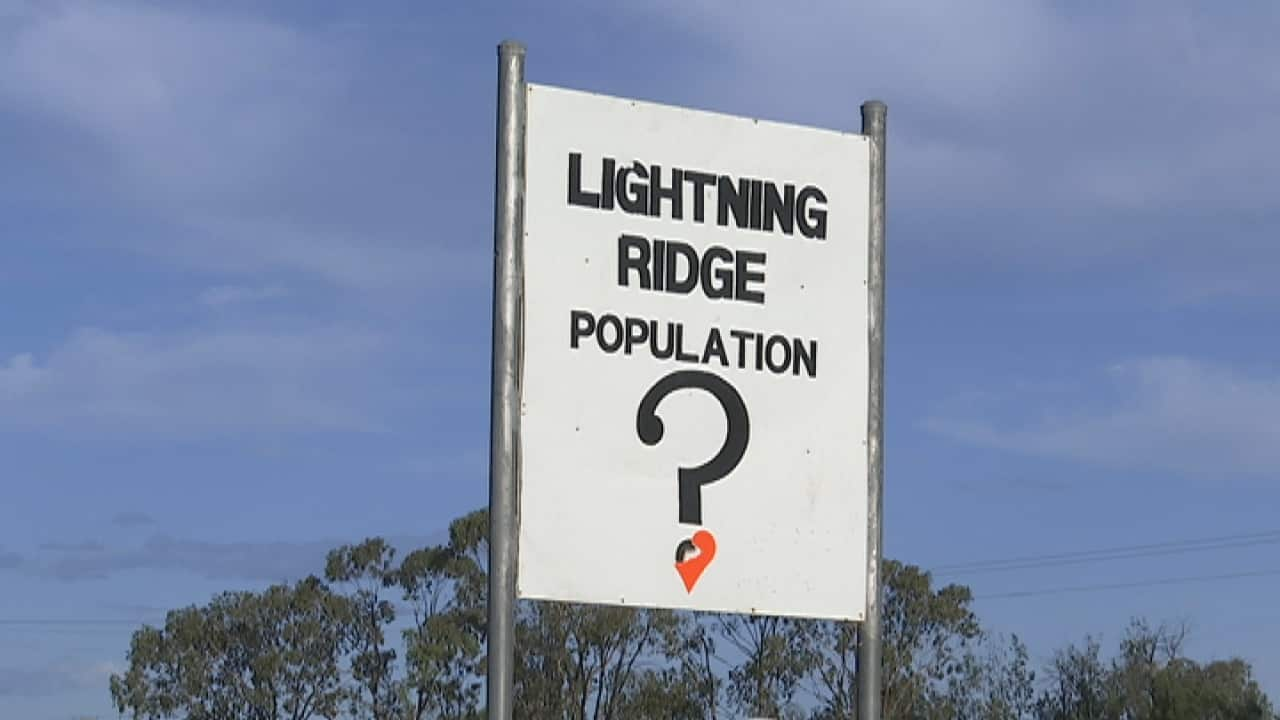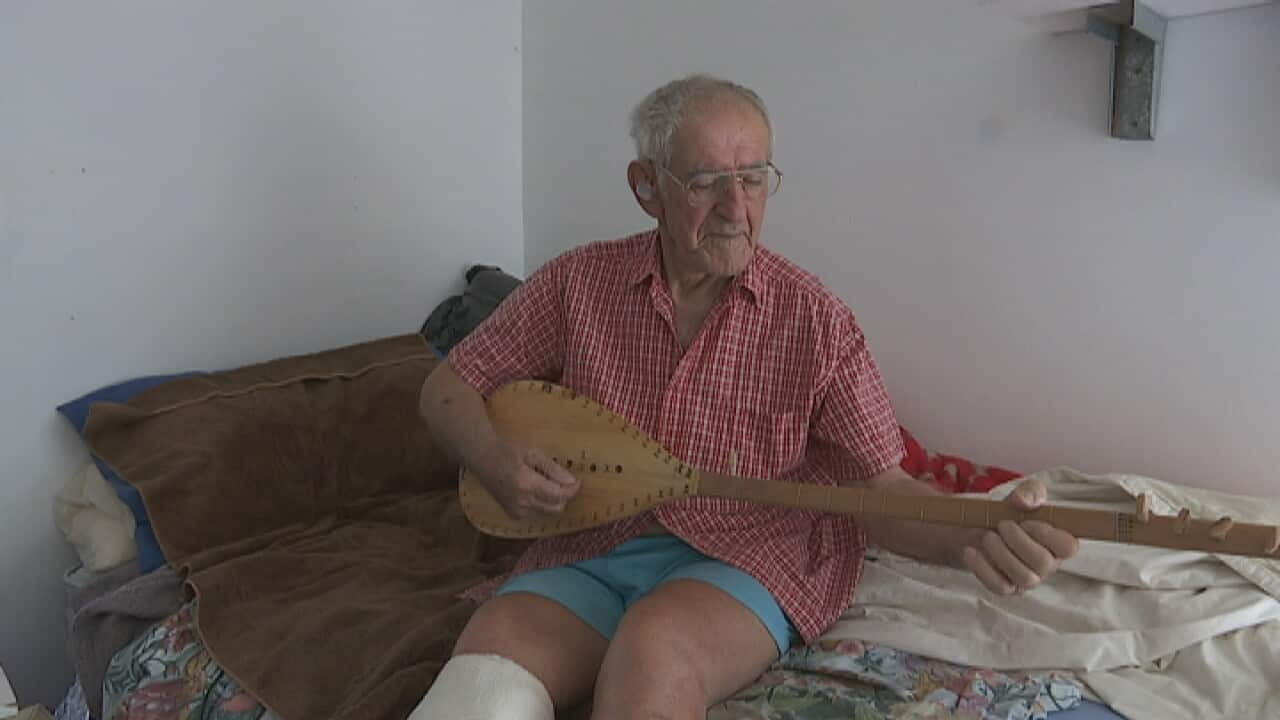After injuring himself during the construction of the Sydney Opera House, Mijo Matanovic moved to Lightning Ridge - a remote New South Wales town famous for its opal mines and Great Artesian hot springs.
"This is a very good, healthy place," he said. "I've noticed it's been good for the body and everything else to live here. And the water helps."
Now well into his 80s, Mr Matanovic lives in a camp he built with his two sons. The living quarters are about the size of a studio apartment, equipped with power generators and water tanks.
He's just one of several elderly migrants who hold claims to mine for opal in surrounding areas.
"A lot of these people came in the '60s and '70s, mostly people who worked on big projects in their youth like the Snowy Mountain dam project," said Ana Vastag, a former miner who has spent the last decade as a migrant support worker.
"When they have finished the job, they came to Lightning Ridge to look for their big fortune. But then the years went by and a few found a fortune, but most of them didn't.
"A lot of them didn't provide for their old age, so they live now off the fields."

Until recently, Ms Vastag had been helping local migrants arrange paperwork and doctor appointments through The Ridge Community Resource Center, an interim service set up using spare funds from another community group.
With the money now spent, the service will have to close its doors.
"I am worried because there is a huge gap in the services for these people," Ms Vastag said. "They're isolated, a lot of them are alone, they don't have family support.
"They're getting older and they have more need for care. Who do they turn to?"
Calls for action
Ms Vastag has been lobbying the state government to create a new migrant worker position in Lighting Ridge and approve more aged care units.
"The NSW Government is in the process of reviewing the concerns raised by Ms Vastag regarding the welfare of elderly migrants in Lightning Ridge," a spokesperson from Multicultural NSW said in a statement to SBS.
"Otherwise, the Department of Family and Community Services (FACS) has provided more than $30,000 annually to support the Lightning Ridge Neighbourhood Centre with its efforts via the Community Builders program.
"The Community Builders program aims to assist disadvantaged groups in the community, including people on low incomes, people who are isolated due to where they live and people who have little or no access to community resources."

Ms Vastag's clients have been instructed to visit the Lightning Ridge Neighbourhood Centre if they need help. But its President Lorraine Crawford said the centre is ill-equipped to assist them.
"They don't really like to talk to somebody when it's not in their own language," she said. "They don't always understand what we're trying to tell them and vice versa.
"They will probably become even more isolated than they are now, and I'm frightened some of them are going to end up dying out in the camps and no-one will find them."
Population 'unknown'
A big influence in deciding how much money should go towards certain services is the Census.
In 2011, the count put Lightning Ridge's population at around 2,500. But Ms Vastag said that doesn't include the people who live in the camps, and other isolated areas.
"That is one of our biggest difficulties, to count our population," she said. "People for various reasons don't like to fill out the census, so we always come short in that respect."

Depending on the time of year, Ms Vastag said the population could be as high as 8,000, leading to many community services being further stretched.
Petar Preradovic has lived on Lightning Ridge's mining flats for nearly 20 years, but arthritis and poor circulation in his legs means he can no longer mine.
The Croatian-born migrant said Ms Vastag's services had been vital for people like him.
"When I buy this property, she do papers for me because I'm not (good at) writing English or reading," he said.
"She help me so much. (If) they close the office, a lot of people will be sorry."
Ms Vastag said she would still volunteer to help wherever she can, but remained hopeful there will be some good news for her clients in the new year.

